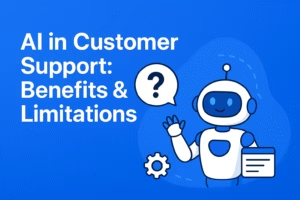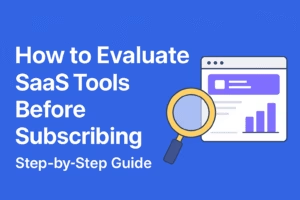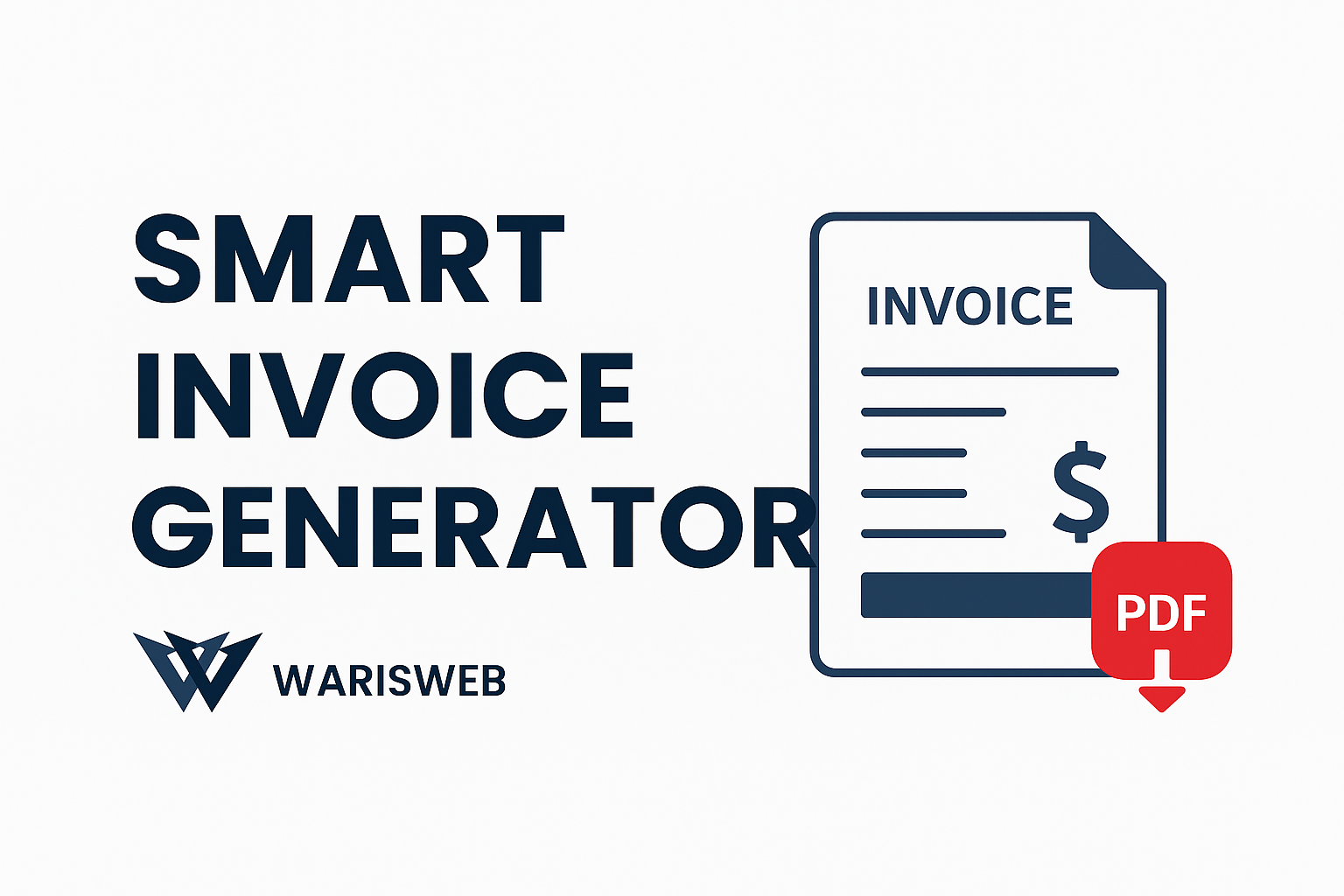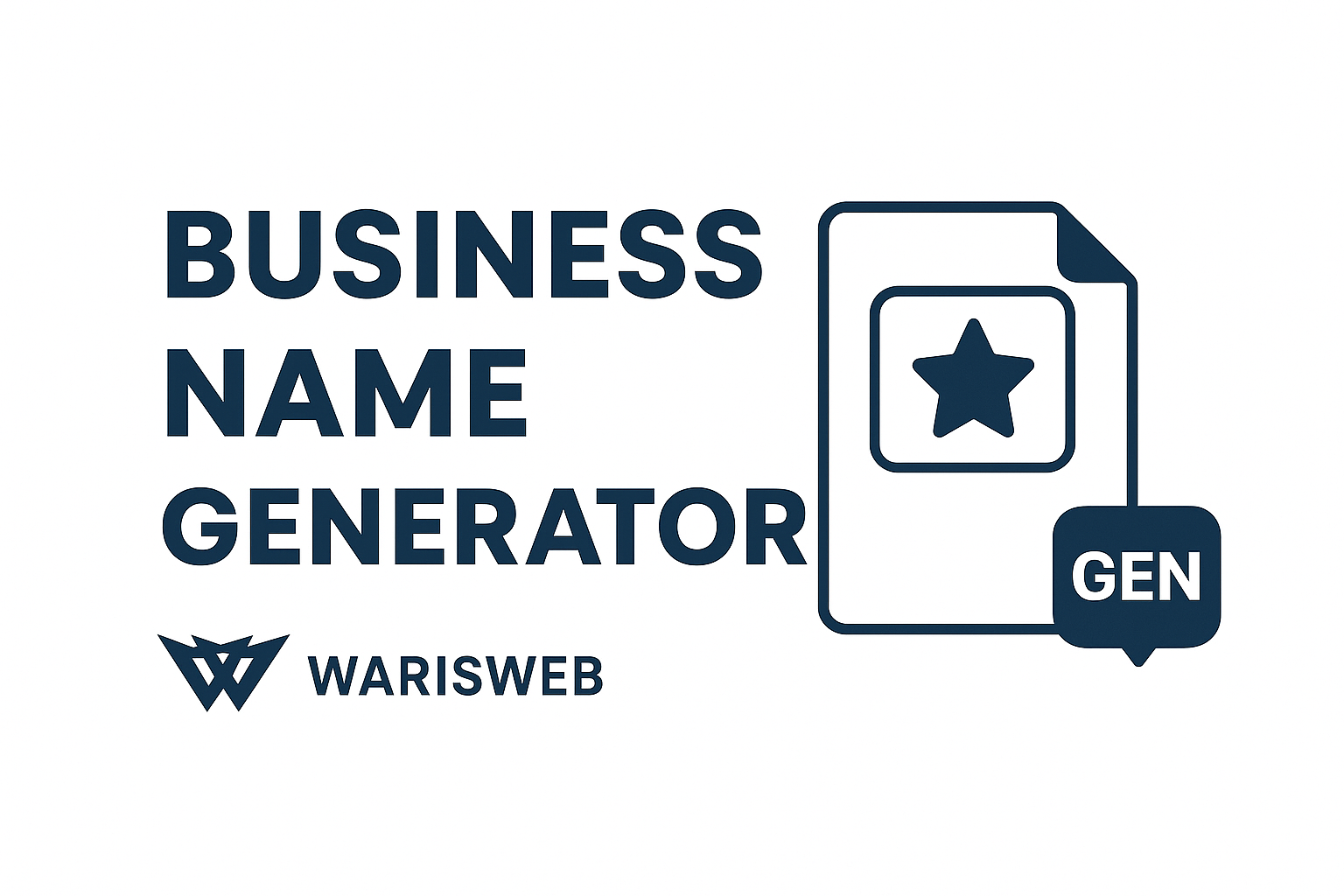How to Use AI for Online Learning Smarter(Practical Examples)
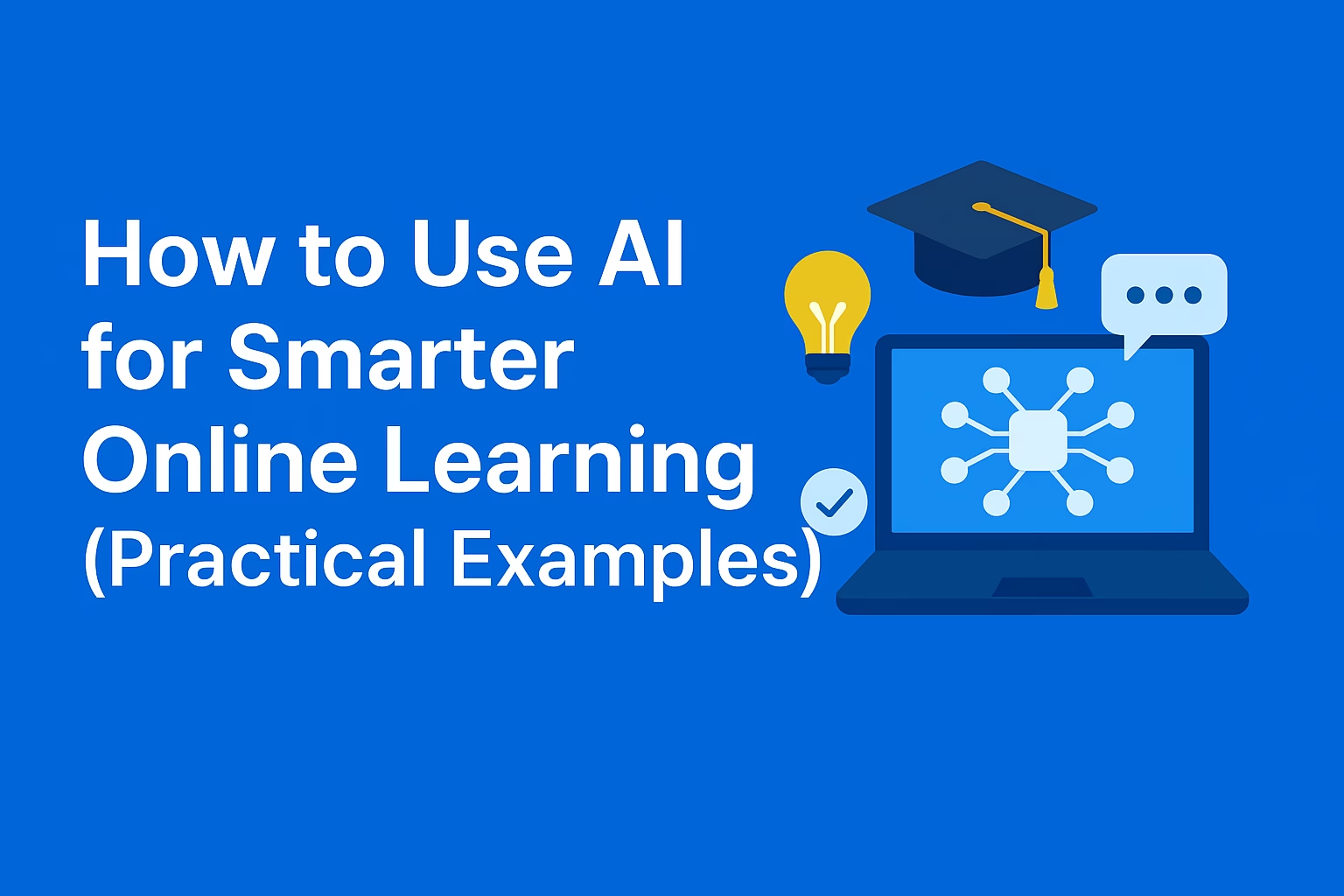
Let’s be honest—studying can feel overwhelming sometimes. Between juggling multiple courses, keeping track of endless notes, and trying to retain information, it’s easy to feel like you’re drowning in academic content. But here’s the thing: artificial intelligence isn’t just changing how we work; it’s revolutionizing how we learn.
I’ve spent considerable time exploring how AI can genuinely make online learning more personalized, efficient, and interactive. Whether you’re a student trying to ace your exams, a professional upskilling for career growth, or someone who simply loves learning new things, AI tools can help you study smarter—not harder.
Why AI is a Game-Changer in Online Learning
Think about traditional learning for a moment. You attend lectures at a fixed pace, take notes by hand, spend hours researching topics, and often struggle with concepts alone. AI flips this entire script.
First, it automates the tedious stuff. Instead of spending hours transcribing lectures or summarizing lengthy articles, AI handles these tasks in minutes. This frees up your mental energy for actual learning and comprehension.
Second, AI adapts to your unique learning style. While traditional classrooms use a one-size-fits-all approach, AI observes how you learn best. Are you a visual learner? Do you need more practice with certain concepts? AI notices these patterns and adjusts accordingly.
Perhaps most importantly, AI saves you time on research and organization. Rather than sifting through dozens of sources to find relevant information, AI tools can filter and present exactly what you need. It’s like having a research assistant who never sleeps.
Finally, AI makes learning interactive and engaging. Instead of passive consumption, you can have conversations with AI tutors, get instant feedback, and practice skills in real-time.
Practical Examples of AI in Online Learning
Personalized Study Plans
This is where AI truly shines. Traditional study plans are static—they don’t adapt when you’re struggling with calculus but breezing through history. AI-powered platforms change that entirely.
Quizlet has integrated AI features that track which flashcards you’re consistently getting wrong and adjusts your study sessions accordingly. Instead of reviewing all 100 cards equally, it focuses your time on the 20 you haven’t mastered yet.
Coursera’s AI mentors go even deeper. They analyze your learning pace, quiz performance, and engagement levels to recommend when you should review previous concepts or when you’re ready to move forward. I’ve seen students complete courses 30% faster using these adaptive features because they’re not wasting time on material they’ve already mastered.
The beauty of personalized study plans isn’t just efficiency—it’s motivation. When you see clear progress tailored to your learning style, you’re more likely to stick with it.
AI Note-Taking & Summarization
Let’s talk about one of my favorite applications: automated note-taking. If you’ve ever tried to follow a fast-paced lecture while simultaneously taking comprehensive notes, you know it’s nearly impossible to do both well.
Notion AI has transformed how many students approach note-taking. You can upload lecture recordings, articles, or even your messy handwritten notes, and it creates clean, organized summaries with key points highlighted. What used to take hours of revision now happens automatically.
Otter.ai takes this further by providing real-time transcription during lectures. It doesn’t just transcribe—it identifies different speakers, highlights key terms, and allows you to search for specific phrases later. One student told me she stopped stressing about missing important points during lectures because she knew Otter.ai was capturing everything.
The time savings here are remarkable. Instead of spending your evening rewriting and organizing notes, you can jump straight into studying and application.
AI Research Assistance
Research used to mean hours in the library, followed by more hours sorting through irrelevant sources. Modern AI search tools have completely changed this game.
Perplexity AI and ChatGPT have become indispensable for academic research. Unlike traditional search engines that give you links to sort through, these tools provide direct answers with source citations. Ask about “the impact of climate change on coral reef ecosystems,” and you’ll get a comprehensive overview with links to primary sources.
But here’s what makes them particularly valuable for learning: they can explain complex topics at different levels. Struggling with quantum physics? Ask for an explanation suitable for a beginner, then request more advanced details as you progress.
The research assistance goes beyond just finding information—these tools help you understand it, synthesize it, and apply it to your specific needs.
Language Learning with AI
If you’ve ever used Duolingo recently, you’ve experienced AI-powered language learning firsthand. The app uses machine learning to identify which vocabulary words you struggle with and adjusts your lessons accordingly.
Elsa Speak takes this further for pronunciation. Using speech recognition technology, it provides real-time feedback on your accent and pronunciation. It’s like having a patient pronunciation coach available 24/7.
What’s particularly impressive is how these tools adapt to your speaking patterns. They learn your native language’s influence on your target language and provide specific exercises to address those challenges.
AI Tutors & Chatbots
This might be the most exciting development in online learning. AI tutors provide instant doubt resolution without the need to wait for office hours or find a human tutor.
These aren’t just simple Q&A bots. Modern AI tutors can walk you through problem-solving steps, provide practice exercises, and even recognize when you’re making consistent mistakes to address underlying conceptual gaps.
The 24/7 availability is genuinely game-changing. That moment at 11 PM when you’re stuck on a problem and can’t move forward? Your AI tutor is there to help.
Exam Prep with AI Tools
AI has revolutionized exam preparation by making it more strategic and personalized. Instead of generic practice tests, AI can generate questions specifically targeting your weak areas.
Some AI tools analyze your study patterns and predict which topics you’re most likely to struggle with on exam day. They then create focused review sessions that maximize your preparation time.
The immediate feedback is invaluable. Instead of waiting for a teacher to grade your practice test, AI provides instant analysis of your performance with detailed explanations for incorrect answers.
Benefits of Using AI in Online Learning
The time savings alone make AI tools worthwhile. What used to take hours—transcribing lectures, creating study guides, researching topics—now takes minutes. This time can be redirected toward deeper learning and application.
Memory retention improves significantly with AI-assisted learning. When AI identifies your optimal review intervals and focuses on your weak areas, information sticks better. The spaced repetition algorithms used by many AI tools are based on decades of cognitive science research.
The 24/7 support aspect cannot be overstated. Learning doesn’t happen only during business hours, and AI ensures help is always available when you need it most.
Perhaps most importantly, AI helps maintain consistency in your learning routine. By tracking your progress and sending personalized reminders, AI tools help establish and maintain productive study habits.
Limitations of AI in Online Learning
Let’s be realistic about AI’s limitations. Over-reliance on AI tools can potentially reduce critical thinking skills. When answers come too easily, there’s less incentive to work through problems independently or develop your own analytical approaches.
Data privacy is a legitimate concern. Many AI learning platforms collect extensive data about your learning patterns, strengths, and weaknesses. While this enables personalization, it also raises questions about how this sensitive information is used and protected.
Some subjects still fundamentally need human guidance. Creative writing, complex philosophical discussions, and nuanced historical interpretations benefit from human insight and experience that AI cannot fully replicate.
AI can also create a false sense of understanding. Just because an AI tool explains a concept clearly doesn’t mean you’ve truly mastered it. There’s still no substitute for practice, application, and deep engagement with material.
Making AI Work for Your Learning Journey
The key to using AI effectively in online learning is balance. Use AI tools to handle routine tasks—transcription, basic research, organization—so you can focus your mental energy on higher-level thinking and application.
Don’t let AI replace your own thinking process. Use it as a starting point for research, but verify important information and develop your own insights. Think of AI as an incredibly capable research assistant, not a replacement for your own intellectual engagement.
Start with one or two AI tools rather than trying to implement everything at once. Master how to use ChatGPT for research or Notion AI for note organization before expanding to other tools.
Most importantly, remember that AI is most effective when combined with proven learning strategies. Spaced repetition, active recall, and practical application remain fundamental to effective learning—AI just makes these strategies easier to implement.
The Future of AI-Assisted Learning
We’re still in the early stages of AI’s impact on education. Current tools are impressive, but they’re rapidly becoming more sophisticated. Within the next few years, we’ll likely see AI that can engage in more nuanced discussions, provide even more personalized feedback, and adapt to individual learning styles with unprecedented precision.
The goal isn’t to replace human teachers or eliminate the effort required for learning. Instead, AI serves as a powerful amplifier for human intelligence and curiosity. It handles the routine work so you can focus on the creative, analytical, and meaningful aspects of learning.
By embracing AI tools thoughtfully and strategically, you can make your online learning journey not just more efficient, but more enjoyable and effective. The key is finding the right balance between leveraging AI’s capabilities and maintaining your own intellectual growth and critical thinking skills.
Frequently Asked Questions?(FAQ's)
No, AI cannot completely replace teachers. While AI excels at providing information, personalized practice, and 24/7 support, human teachers bring irreplaceable qualities like emotional intelligence, creative problem-solving, and the ability to inspire and motivate students. AI works best as a complement to human instruction, not a replacement.
AI assists exam preparation by generating personalized practice questions based on your weak areas, creating adaptive study schedules that optimize review timing, providing instant feedback on practice tests, and identifying knowledge gaps before exam day. This targeted approach makes study time more efficient and effective.
The best AI tools depend on your specific needs, but popular options include ChatGPT for research and explanations, Notion AI for note organization, Otter.ai for lecture transcription, Quizlet for flashcards and spaced repetition, and Grammarly for writing assistance. Start with one or two tools that address your biggest pain points.
Many AI tools offer free tiers with basic functionality. For example, Otter.ai provides 300 minutes of free transcription monthly, and ChatGPT has a free version. However, advanced features typically require paid subscriptions. Students should look for educational discounts, which many platforms offer.
Share This Post:
Previous Articles:

